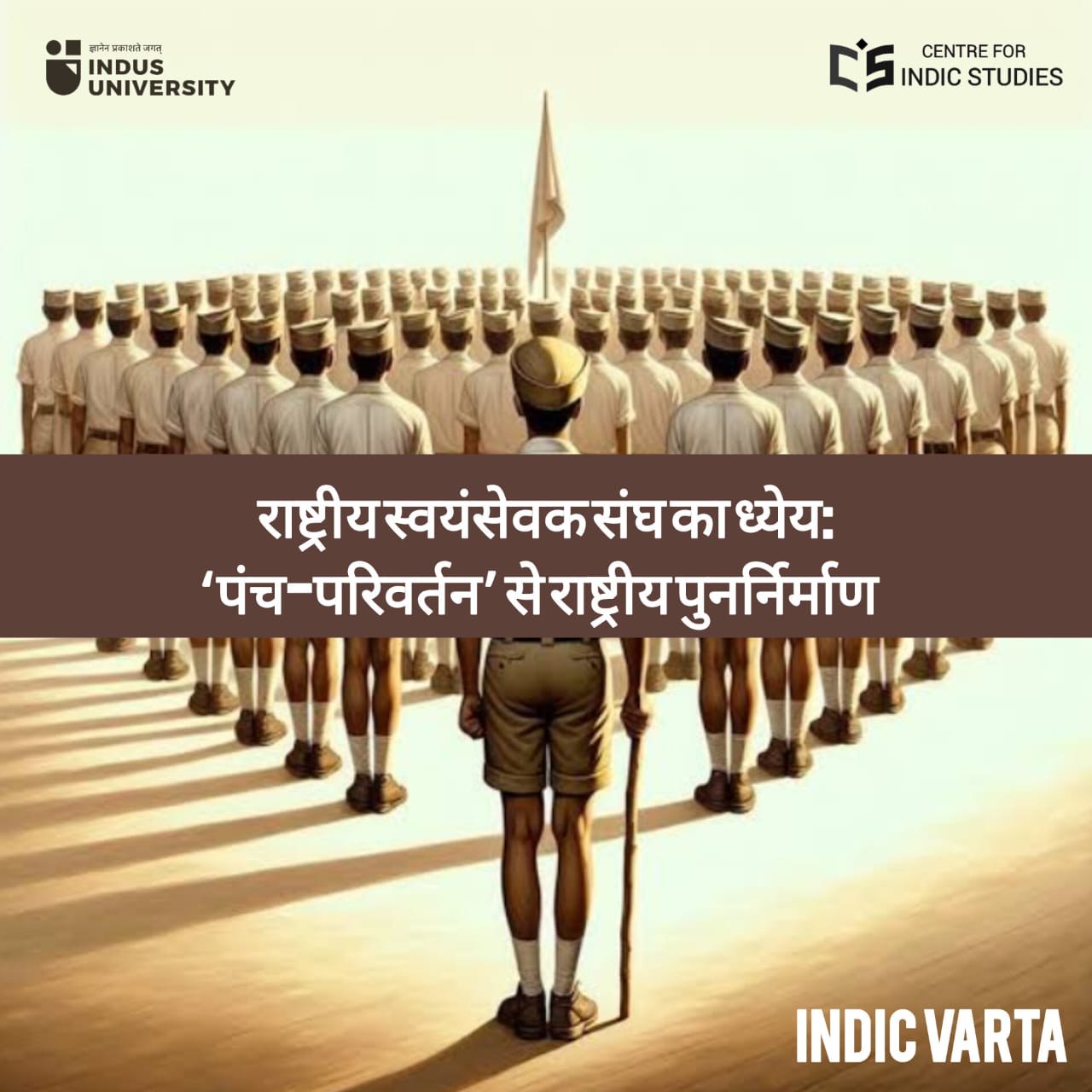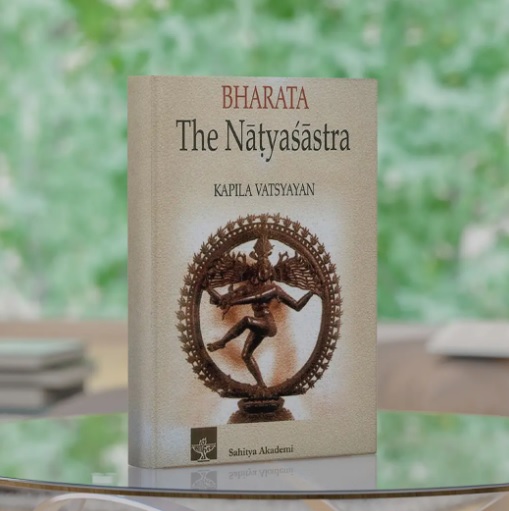- Visitor:17
- Published on:
The Secret Thirst for Chance
Most of our modern institutions seek to reinforce the standard order of things. This, Taleb, argues goes against our innate nature that craves randomness and uncertainty.

If you are not a washing machine or a cuckoo clock—in other words, if you are alive—something deep in your soul likes a certain measure of randomness and disorder. There is a titillating feeling associated with randomness. We like the moderate (and highly domesticated) world of games, from spectator sports to having our breathing suspended between crap shoots during the next visit to Las Vegas. I myself, while writing these lines, try to avoid the tyranny of a precise and explicit plan, drawing from an opaque source inside me that gives me surprises. Writing is only worth it when it provides us with the tingling effect of adventure, which is why I enjoy the composition of books and dislike the straitjacket of the 750-word op-ed, which, even without the philistinism of the editor, bores me to tears. And, remarkably, what the author is bored writing bores the reader.
If I could predict what my day would exactly look like, I would feel a little bit dead.
Further, this randomness is necessary for true life. Consider that all the wealth of the world can’t buy a liquid more pleasurable than water after intense thirst. Few objects bring more thrill than a recovered wallet (or laptop) lost on a train. Further, in an ancestral habitat we humans were prompted by natural stimuli—fear, hunger, desire—that made us “work out and become fit for our environment. Consider how easy it is to find the energy to lift a car if a crying child is under it, or to run for your life if you see a wild animal crossing the street. Compare this to the heaviness of the obligation to visit the gym at the planned 6 P.M. and be bullied there by some personal trainer—unless of course you are under the imperative to look like a bodyguard. Also consider how easy it is to skip a meal when the randomness in the environment causes us to do so, because of lack of food—as compared to the “discipline” of sticking to some eighteen-day diet plan.
There exist the kind of people for whom life is some kind of project. After talking to them, you stop feeling good for a few hours; life starts tasting like food cooked without salt. I, a thrill-seeking human, have a b***t detector that seems to match my boredom detector, as if we were equipped with a naturalistic filter, dullness-aversion. Ancestral life “had no homework, no boss, no civil servants, no academic grades, no conversation with the dean, no consultant with an MBA, no table of procedure, no application form, no trip to New Jersey, no grammatical stickler, no conversation with someone boring you: all life was random stimuli and nothing, good or bad, ever felt like work.[1] Dangerous, yes, but boring, never.
Finally, an environment with variability (hence randomness) does not expose us to chronic stress injury, unlike human-designed systems. If you walk on uneven, not man-made terrain, no two steps will ever be identical—compare that to the randomness-free gym machine offering the exact opposite: forcing you into endless repetitions of the very same movement.
Much of modern life is preventable chronic stress injury.
References:-
[1] Neither Rousseau nor Hobbes. True, life then was perhaps “brutal and short,” but it is a severe logical mistake to present a tradeoff, to use unsavory aspects of early humanity as a necessary cost of avoiding modern tortures. There is no reason to not want advantages from both eras”
Center for Indic Studies is now on Telegram. For regular updates on Indic Varta, Indic Talks and Indic Courses at CIS, please subscribe to our telegram channel !
- 8 min read
- 0
- 0










